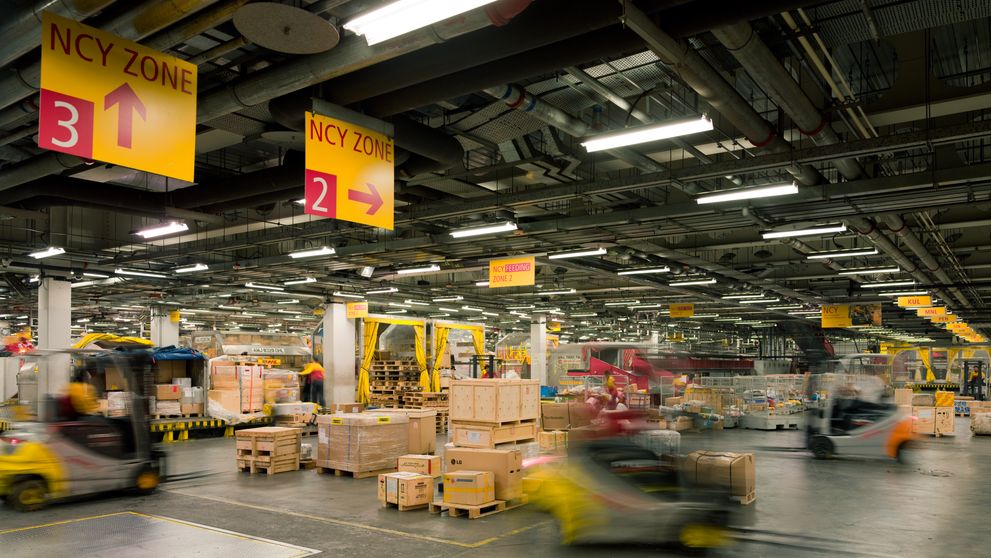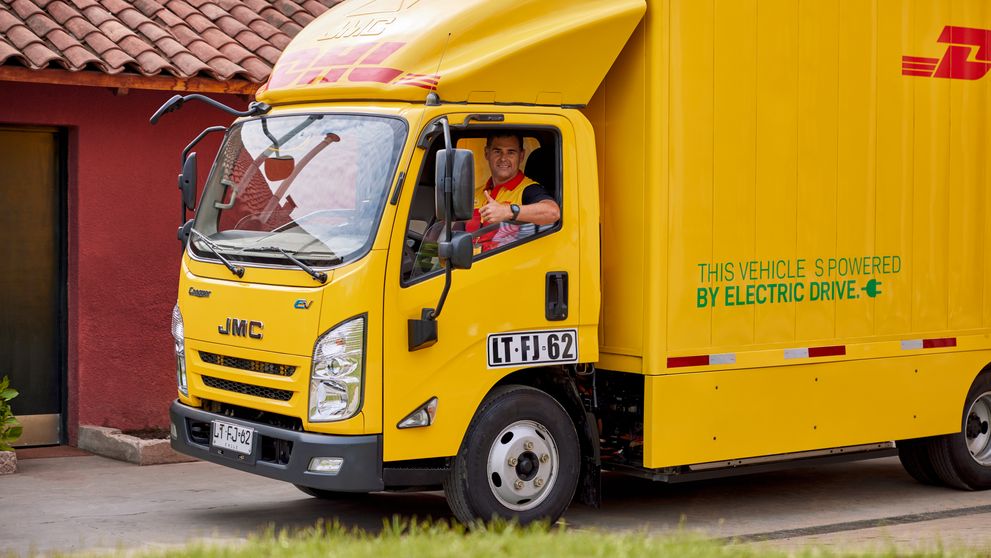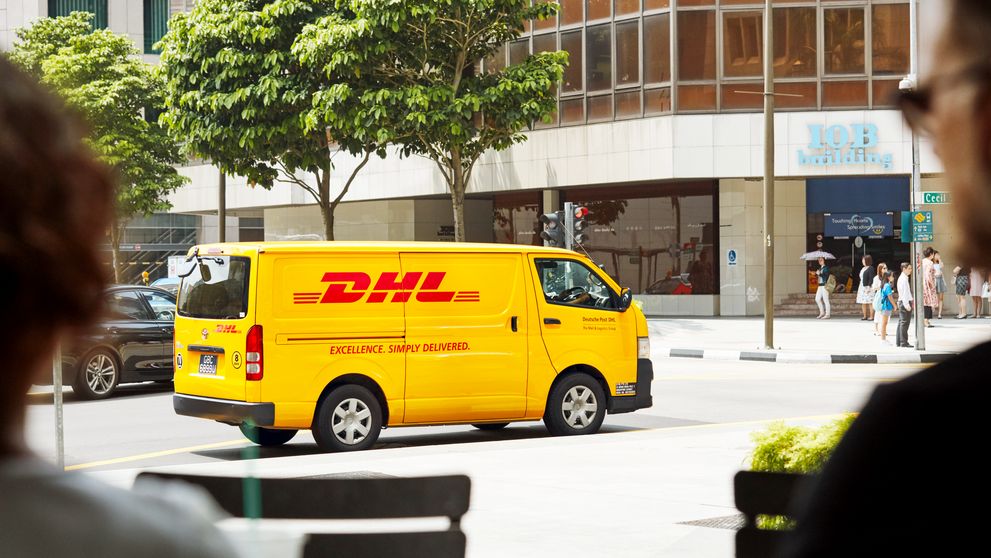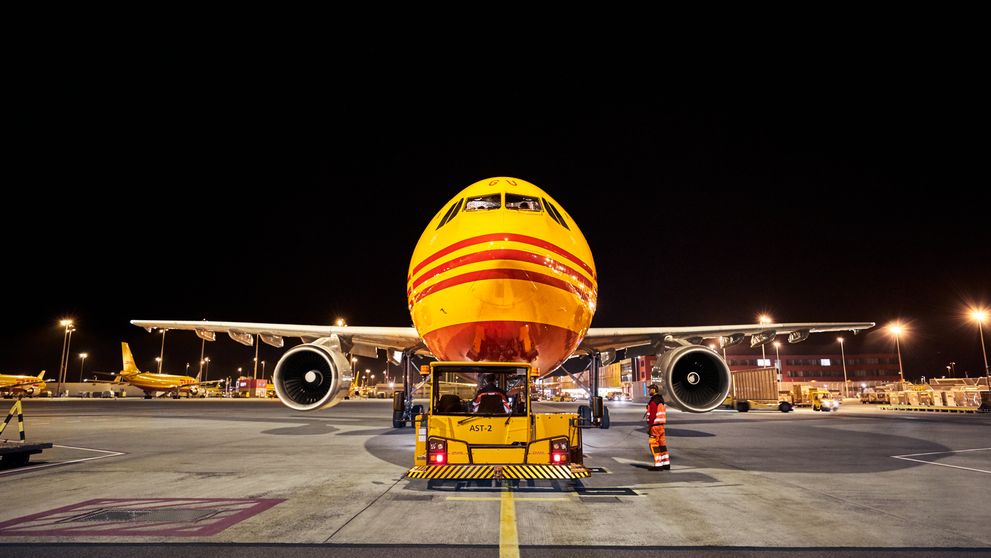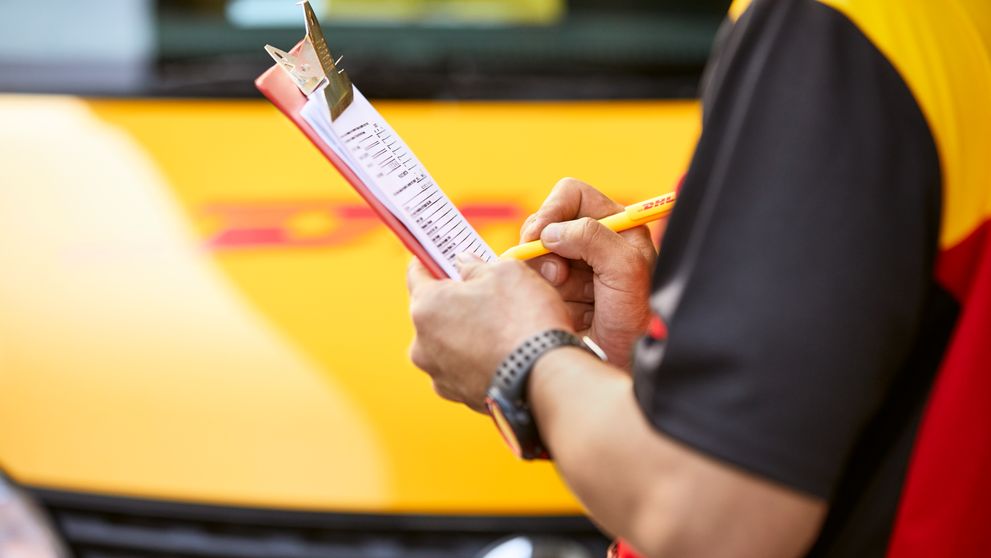If your business in Indonesia is engaged in international trade, you may often encounter challenges associated with temporary import and export scenarios. For exhibitions, repairs, or processing, navigating through the complexities of customs regulations and import or export duties can be daunting. However, this is where ATA Carnets can simplify the process and improve efficiency, streamlining the temporary movements of goods across borders.
What are ATA Carnets?
The ATA Carnet is an international customs document that oversees the temporary import and export of items without raising customs bonds, payment of duty and fulfilment of other customs formalities in member countries. Moreover, duty-free shipping under this permit is valid in over 80 countries which are parties to the Customs Convention on ATA Carnet.
Benefits of ATA Carnets
The ATA Carnet system offers numerous advantages for your business regarding international trade. Here are some of them:
- Saves time, effort, and money: The streamlined process reduces the need for multiple customs declarations and documents, saving businesses considerable time and administrative costs.
- Only one document and application: An ATA Carnet consolidates all necessary customs clearance documentation into one application, making the process straightforward and efficient.
- Valid for one year: With a validity of up to one year, an ATA Carnet allows for multiple entries and exits in participating countries, facilitating ongoing international projects and tours.
- Accepted in over 80 countries and territories: The wide acceptance of ATA Carnets means businesses can operate in major markets worldwide without the hassle of dealing with varied customs regulations.
- Covers a wide range of goods: ATA Carnets encompass a broad spectrum of items, like professional equipment or goods for exhibitions and fairs, making them versatile for different business needs.
- No need for duties, taxes, and temporary importation bonds: ATA Carnets provide significant cost savings by removing the need to pay import duties and taxes. This also negates the Temporary Importation Under Bond (TIB) requirement, further simplifying the customs process.
- Seamless exit and re-entry: Using an ATA Carnet ensures the customs clearance procedure goes smoothly for goods leaving and re-entering the country, reducing potential delays and complications at the border.
Important consideration
While ATA Carnets offer numerous benefits, it does not exempt you from obtaining any necessary licenses or permits for the goods being transported. This means your business must still comply with the specific requirements and regulations of the destination country.
Moreover, goods transported under an ATA Carnet cannot be sold or transferred while abroad until the Carnet has been officially closed upon the goods' return to their origin. This ensures the temporary nature of the goods' movement and complies with the Carnet’s conditions.
When or why do you need an ATA Carnet?
ATA Carnets are indispensable in scenarios involving the temporary movement of goods for reasons such as repair, processing, exhibitions, or professional use. They prevent the complications and extra costs typically associated with temporary imports or exports, ensuring businesses can operate smoothly and efficiently on an international scale.
Who are ATA Carnets suitable for?
ATA Carnets can be beneficial for the following industries and professions:
- Exhibition organisers
- Film production
- Architects
- Engineers
- Artists
- Technical staff
- Surgeons
- Researchers







